Inadequacies of Tax Law 71
Encouraging investment in developing domestic fertilizer production, proactively sourcing fertilizers for agriculture, and gradually reducing imported fertilizers are important policies to regulate supply and demand when the fertilizer market fluctuates. To implement this policy, in 2014, the National Assembly issued Tax Law 71, effective from 2015. Clause 1, Article 3 of Tax Law 71 stipulates that fertilizers, machinery, and specialized equipment for agricultural production are not subject to VAT, which is expected to reduce the cost of fertilizer products, helping farmers increase profits in the agricultural cultivation process.
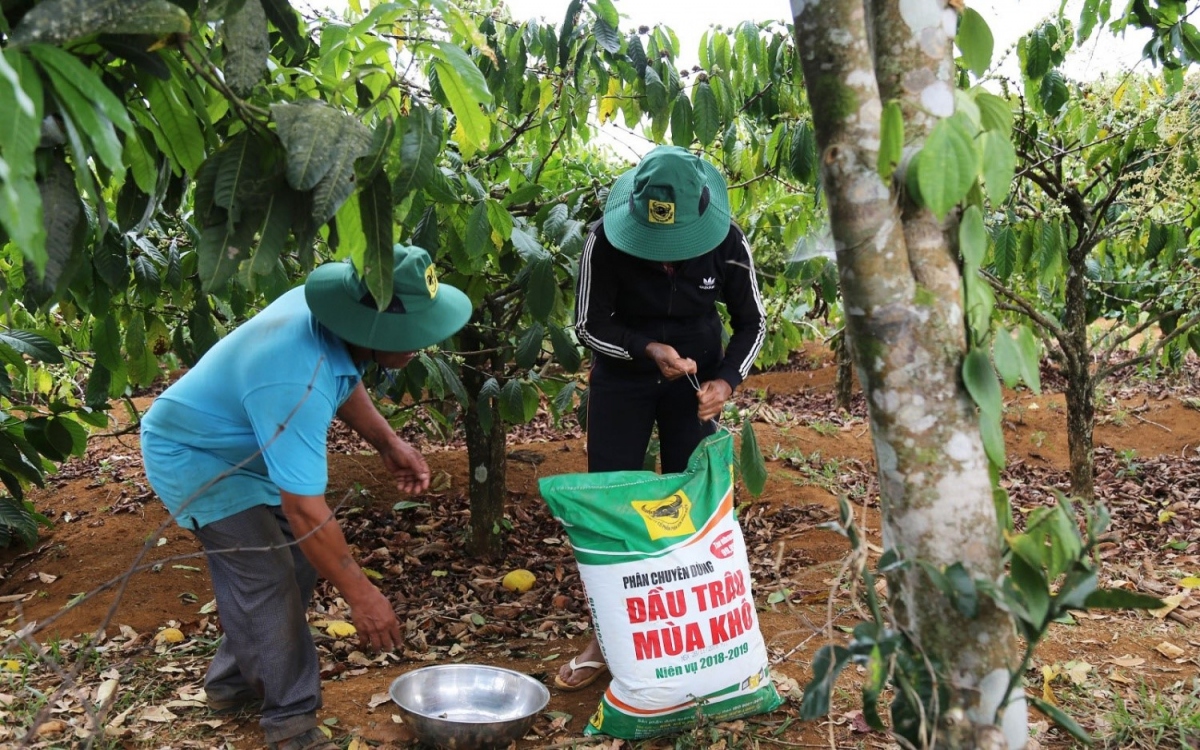
However, immediately after implementation, Tax Law 71 revealed many shortcomings. Because fertilizer production enterprises are not allowed to deduct and refund VAT, not only did the domestic fertilizer prices not decrease but also increased. According to statistics from the Vietnam Fertilizer Association, since 2015 when Tax Law 71 was implemented, the domestic price of nitrogen fertilizer increased by 7.2-7.6%; DAP fertilizer increased by 7.3-7.8%, superphosphate fertilizer increased by 6.5-6.8%; NPK and organic fertilizer increased by 5.2-6.1%... compared to the years when the 5% VAT was applied to fertilizers. The price of fertilizers to farmers also increased, leading to a significant increase in investment costs for agricultural production..., at the same time limiting production and business, negatively affecting fertilizer production investment projects.
Reality has shown that the fertilizer VAT policy in the current Tax Law 71 is completely contrary to the initial expectation of reducing fertilizer prices, bringing profits to farmers. Not only that, the current fertilizer VAT policy also creates many other consequences for domestic fertilizer production and trading enterprises when they are at risk of losing right at home to imported fertilizers, greatly affecting the sustainable development of agriculture...
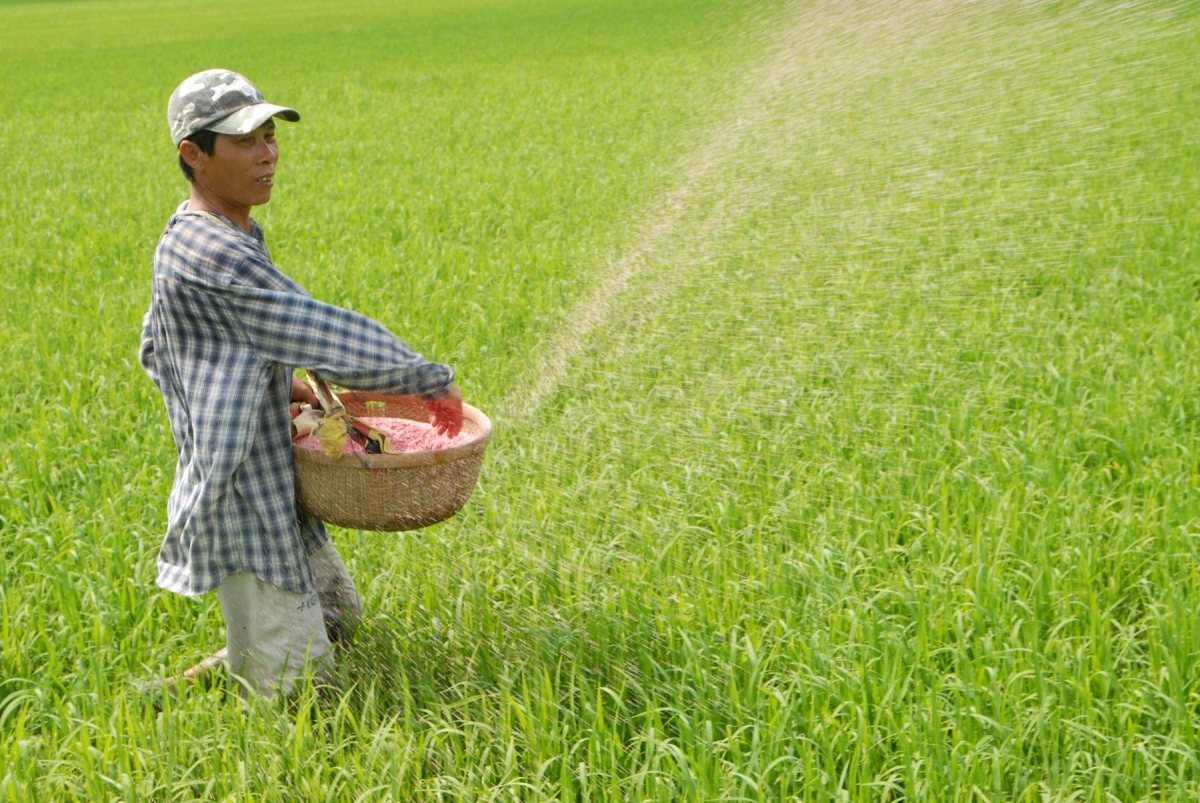
Farmers in dire straits due to high fertilizer prices
After Tax Law 71 was promulgated and put into effect, fertilizer prices increased rapidly, peaking in 2022. Meanwhile, unstable agricultural product prices and increased input costs in general have caused farmers who are attached to their fields to fall into a situation where "it is a pity to abandon, but a sin to keep"...
Mr. Phan Van Minh (Huong Binh commune, Huong Khe district, Ha Tinh) said that his family is currently cultivating 7 sao of rice (each sao of Central Vietnam is equivalent to 500m2) and 4 sao of crops. In recent years, his family has been using fertilizers from domestic enterprises. According to Mr. Minh's calculations, 1 sao of rice yields about 1.5-2 quintals of rice, which can be sold for about 1.2 million VND, of which the cost of buying fertilizers such as NPK, nitrogen, potassium, and chemicals accounts for nearly half, the rest is the cost of buying seeds, renting machines, and some other costs. After deducting all costs, the remaining profit is very little, taking the labor as profit.
“Being a farmer has been hard for generations. If the prices of input materials such as fertilizers and pesticides were cheaper, we would be really happy, and our lives would be better,” Mr. Minh shared.
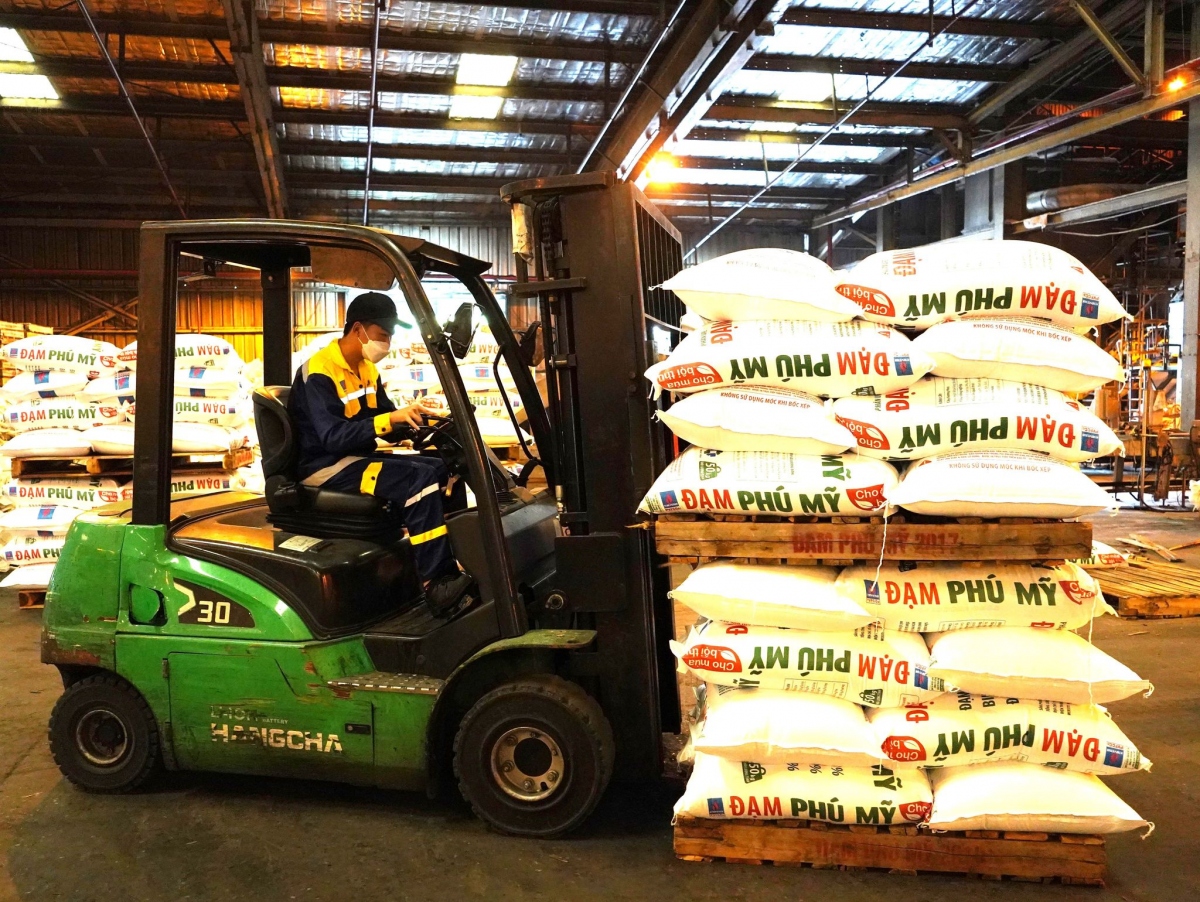
Ms. Nguyen Ngoc Hien (56 years old, residing in Thanh Thoi An district, Soc Trang) said that due to the high price of fertilizer, farmers are at a disadvantage. Because if the amount of fertilizer is reduced during the basal and top dressing stages, the rice will grow slowly, the grain will not be firm, leading to low productivity. If enough fertilizer is applied, it will cost more - which will affect the income of farmers. Ms. Hien hopes that there will be a reasonable and stable fertilizer price reduction policy so that farmers can benefit.
In fact, when not subject to VAT, the increase in fertilizer prices has strongly affected farmers, especially during periods of market fever like 2022, to the point that farmers have to reduce their production area or skip crops. In addition, in the recent period, other costs in agricultural production such as labor, pesticides, etc. have all increased, and agricultural product prices have "danced" continuously, making it even more difficult for farmers.
Businesses and farmers are in trouble together.
In reality, the "preferential" policy of not imposing VAT on fertilizer products at all stages: import, production, wholesale, retail to consumers as in the current Tax Law 71 has become... "mistreatment" of domestic fertilizer production enterprises.
Firstly, businesses face difficulties because they cannot deduct or refund input VAT on goods and services used for fertilizer production, as well as investment in expanding production, equipping new technology, machinery and equipment. For this input VAT, businesses must calculate it into production costs, causing prices to increase, consumption to decrease, inventory to increase, leading to reduced profits.
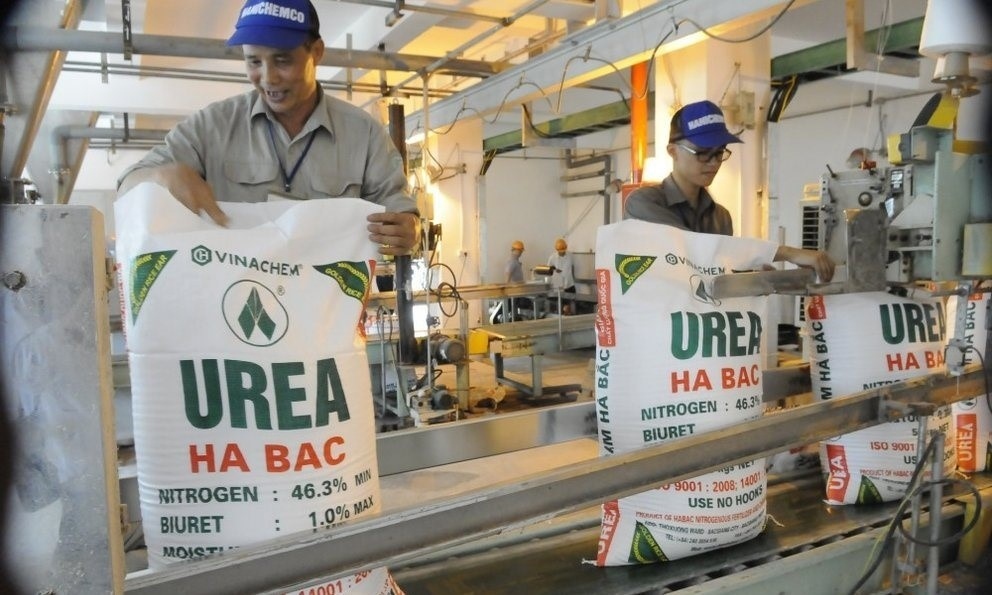
On the other hand, when domestic fertilizer prices increase, the consequence is that consumption will decrease and inventory will increase. Meanwhile, for imported fertilizers, the situation is the opposite. Fertilizers imported from countries in the region, mostly have 0% import tax and most of these countries have very low raw material costs for fertilizer production, so they have a competitive advantage, making domestic fertilizers dominant right at home.
Therefore, domestic manufacturing enterprises all hope that fertilizer products will be put back under VAT. Only then can enterprises reduce product costs, improve competitiveness, invest in new technological lines, and help farmers increase crop productivity at an effective cost...
Soon bring fertilizer VAT to 5%
Analyzing the shortcomings of Tax Law 71, economic expert, Associate Professor, Dr. Ngo Tri Long affirmed that fertilizers not being subject to VAT as in the current Tax Law 71 not only affects businesses and farmers but also affects the environment and agricultural output of Vietnam.
He analyzed clearly as follows: With high prices due to unreasonable VAT policies, domestic fertilizers are "inferior" to imported products which are currently enjoying tax incentives. In fact, fertilizer manufacturing enterprises in the region, including those using outdated technology, are all supported to enter the Vietnamese market. This not only causes domestic fertilizers to fall behind but also seriously affects agricultural products and the environment, because products produced with cheap, outdated technology will certainly affect the environment and agricultural output, which is a huge risk for Vietnam's agricultural sector.
In the long term, dependence on imported fertilizers cannot ensure sustainable agricultural development, affecting the relationship between industry - agriculture - farmers and rural areas, affecting the country's food security.
Associate Professor, Dr. Ngo Tri Long suggested that it is necessary to include fertilizers in the VAT taxable category in order to create a fair and equal competitive environment between domestic producers and imported fertilizers. This will bring practical benefits to the agricultural sector and farmers, creating leverage for the socio-economic growth of localities in particular and the socio-economic development of the country in general.
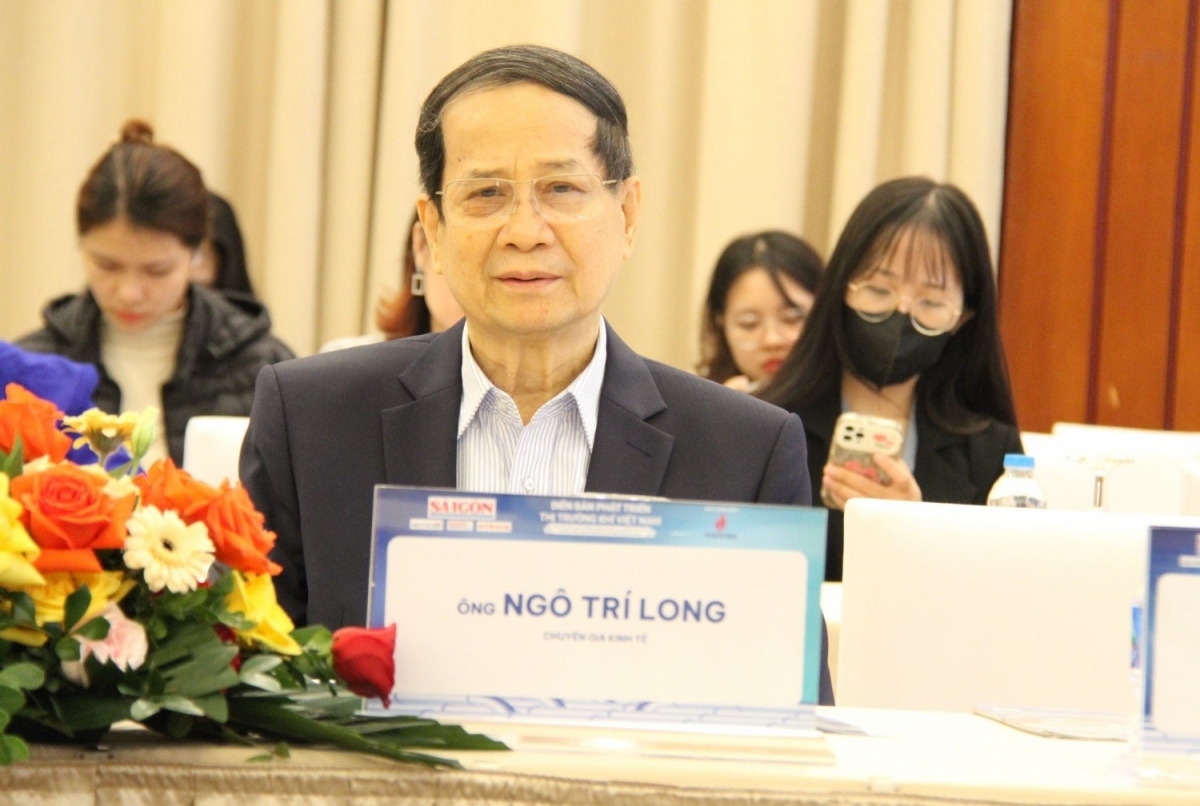
Regarding the fertilizer VAT rate, Associate Professor Dr. Ngo Tri Long proposed that the rate of 5% is the most suitable, because fertilizer production enterprises will have a difference in input VAT deduction of 7-8%, fertilizer production costs will decrease by 2-3%, thereby having a basis for lower selling prices, agriculture - farmers will benefit.
According to Dr. Phung Ha - Vice President and General Secretary of the Vietnam Fertilizer Association, Tax Law 71 "contributes" to the proliferation of fake and poor quality fertilizers. For many years, fake and poor quality fertilizers have always been considered a problem in agricultural production. To overcome difficulties and create conditions for the domestic fertilizer industry to maintain and develop stably and sustainably, creating fairness between manufacturing and importing enterprises, Dr. Phung Ha suggested that it is necessary to quickly change fertilizer products from non-VAT to VAT.
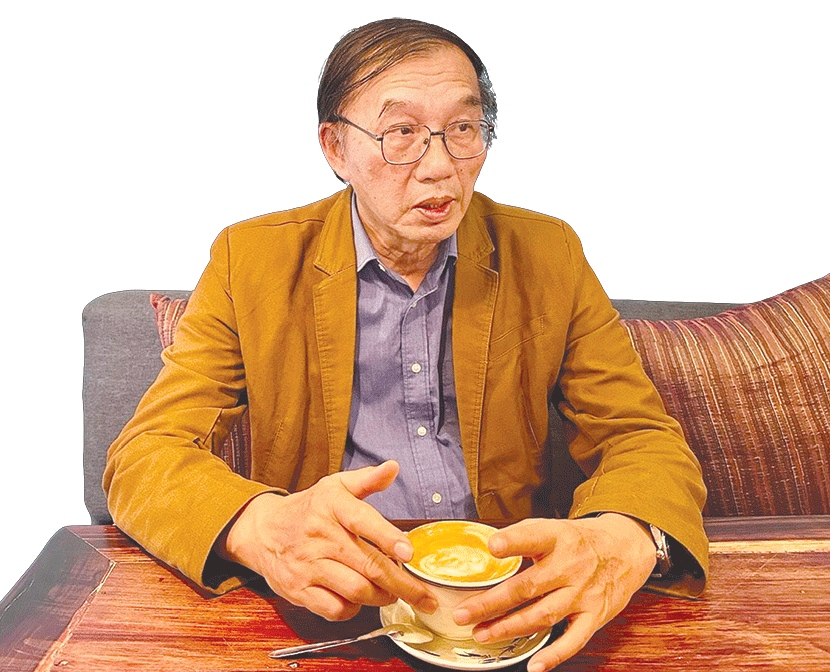
Mr. Nguyen Van Phung - Senior Tax Expert, former Director of the Department of Large Enterprise Tax Management, added his opinion that in order to ensure humanity, implement the policy of supporting farmers - the most vulnerable group in society and increase the competitiveness of agricultural products, applying a 5% tax rate on fertilizers is the most reasonable. However, according to Mr. Phung, it is also necessary to be frank that, "when applying a 5% tax, fertilizer prices also need to decrease accordingly (in addition to depending on a number of other factors such as world prices or input material prices...)".
In recent years, the Government has had a policy of encouraging investment in developing the production of high-quality domestic fertilizers with the aim of proactively providing fertilizer sources for agriculture and gradually reducing imported fertilizers. This is one of the important policies to help the Government regulate supply and demand when the fertilizer market fluctuates. Therefore, more than ever, the shortcomings of the VAT policy under Tax Law 71 need to be quickly amended to create conditions for agriculture, farmers and the domestic fertilizer production industry to develop sustainably./.
Source: https://vov.vn/kinh-te/cap-thiet-dua-thue-gtgt-phan-bon-ve-muc-5-post1102002.vov


![[Photo] Looking back at the impressive moments of the Vietnamese rescue team in Myanmar](https://vstatic.vietnam.vn/vietnam/resource/IMAGE/2025/4/11/5623ca902a934e19b604c718265249d0)

![[Photo] "Beauties" participate in the parade rehearsal at Bien Hoa airport](https://vstatic.vietnam.vn/vietnam/resource/IMAGE/2025/4/11/155502af3384431e918de0e2e585d13a)







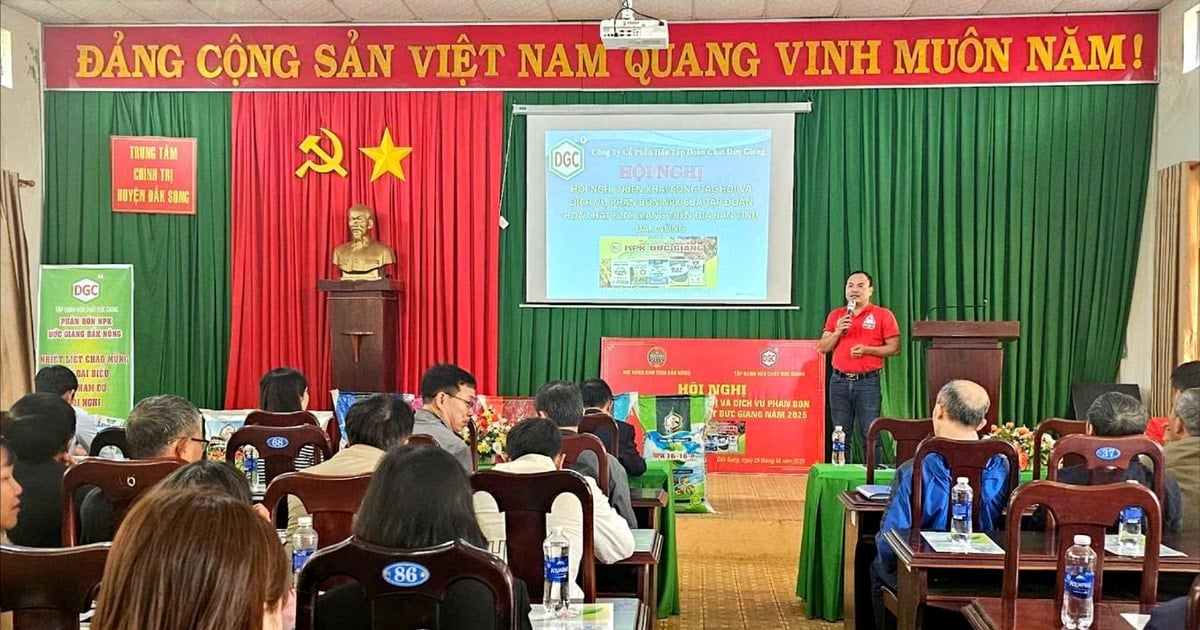
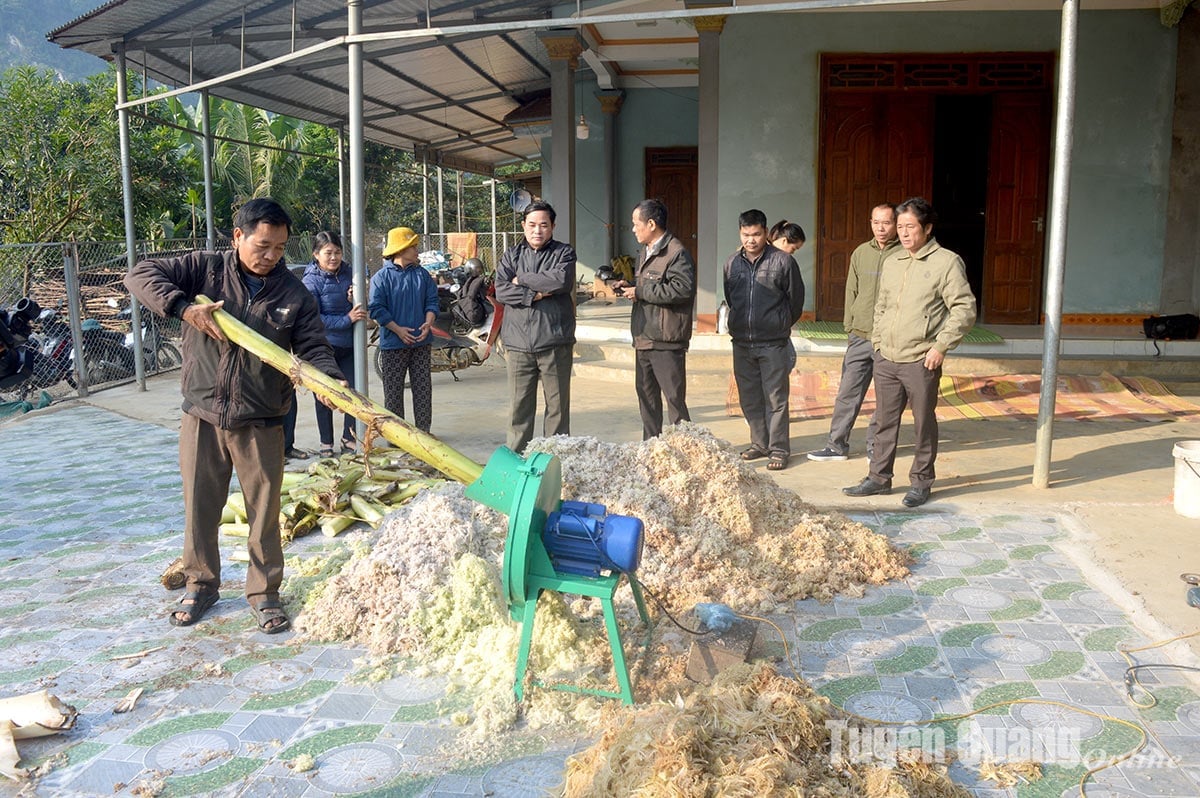
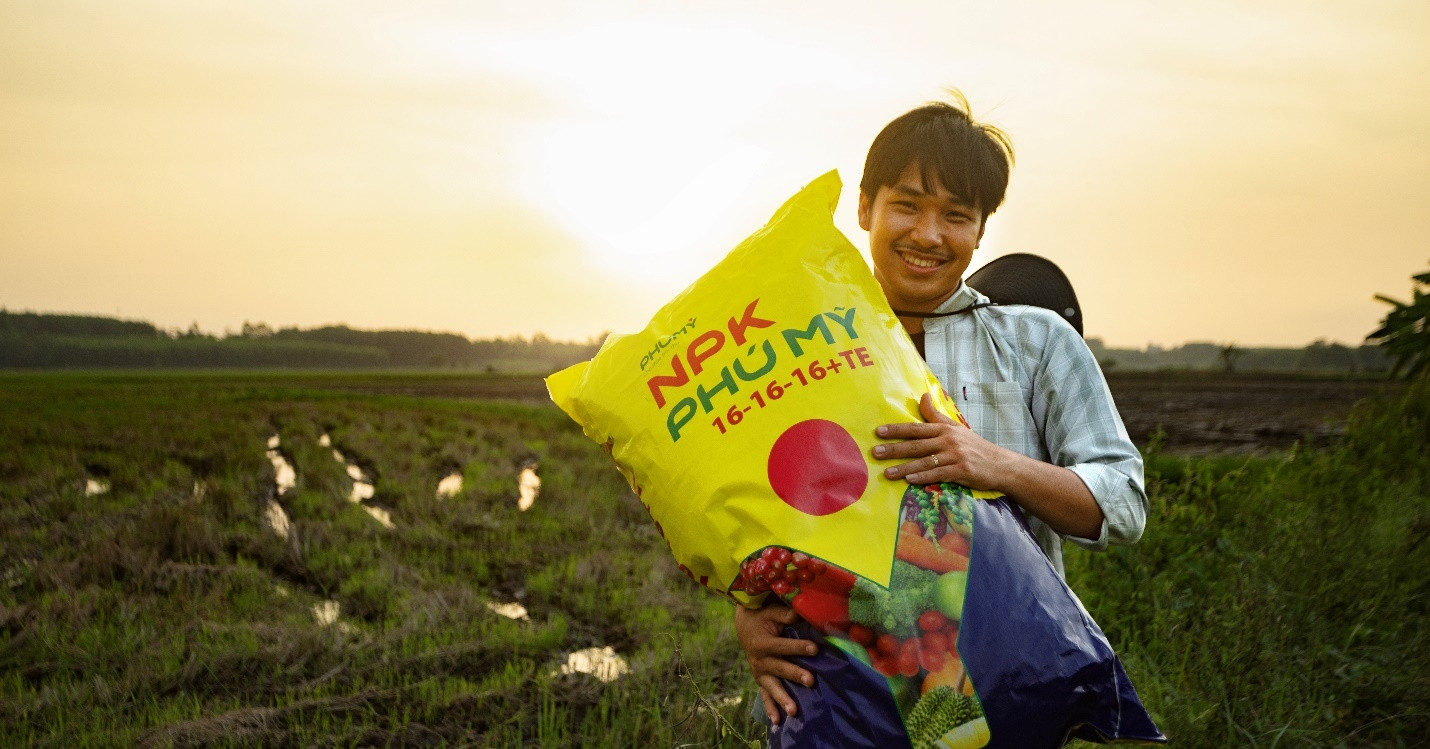

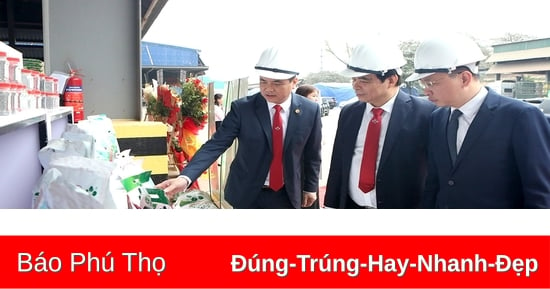
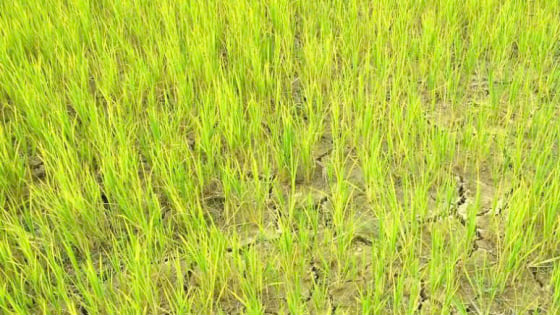
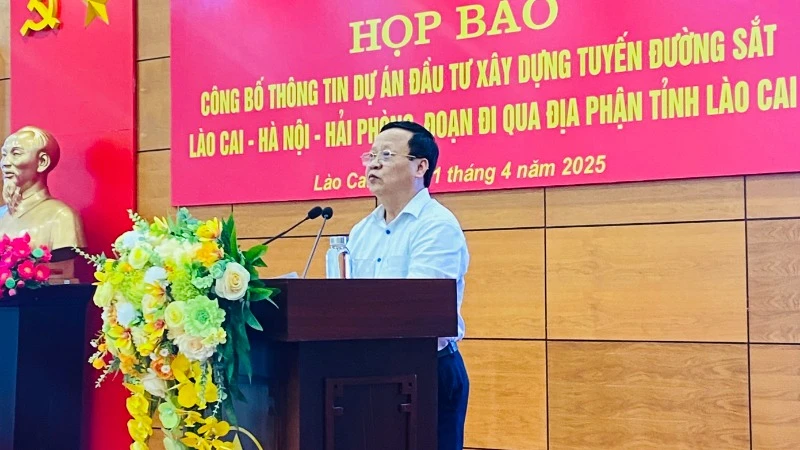

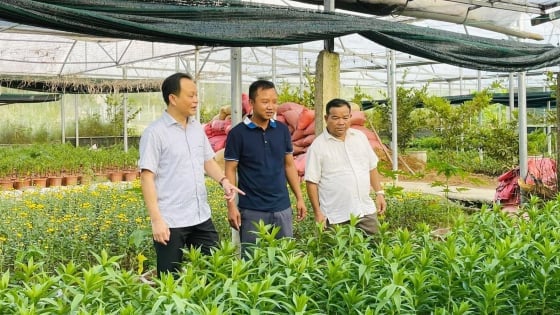
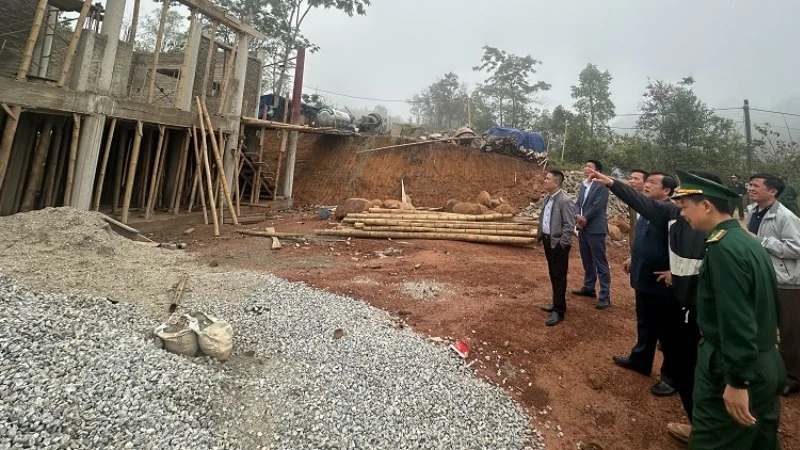






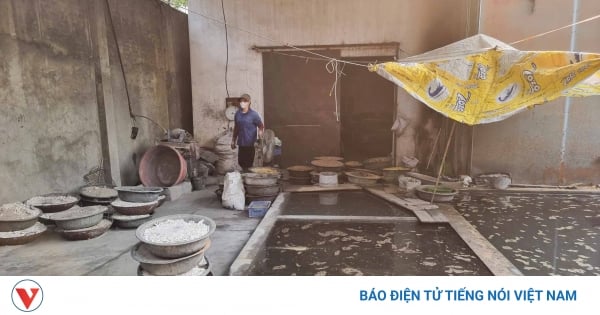
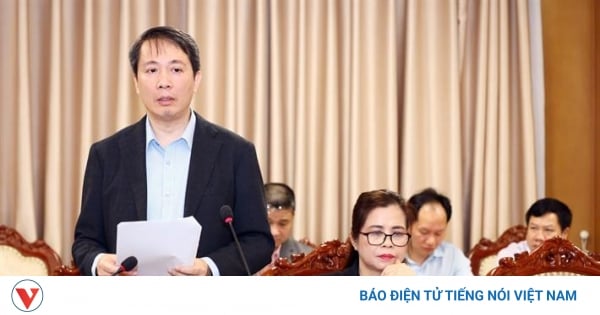

![[Photo] Summary of parade practice in preparation for the April 30th celebration](https://vstatic.vietnam.vn/vietnam/resource/IMAGE/2025/4/11/78cfee0f2cc045b387ff1a4362b5950f)














































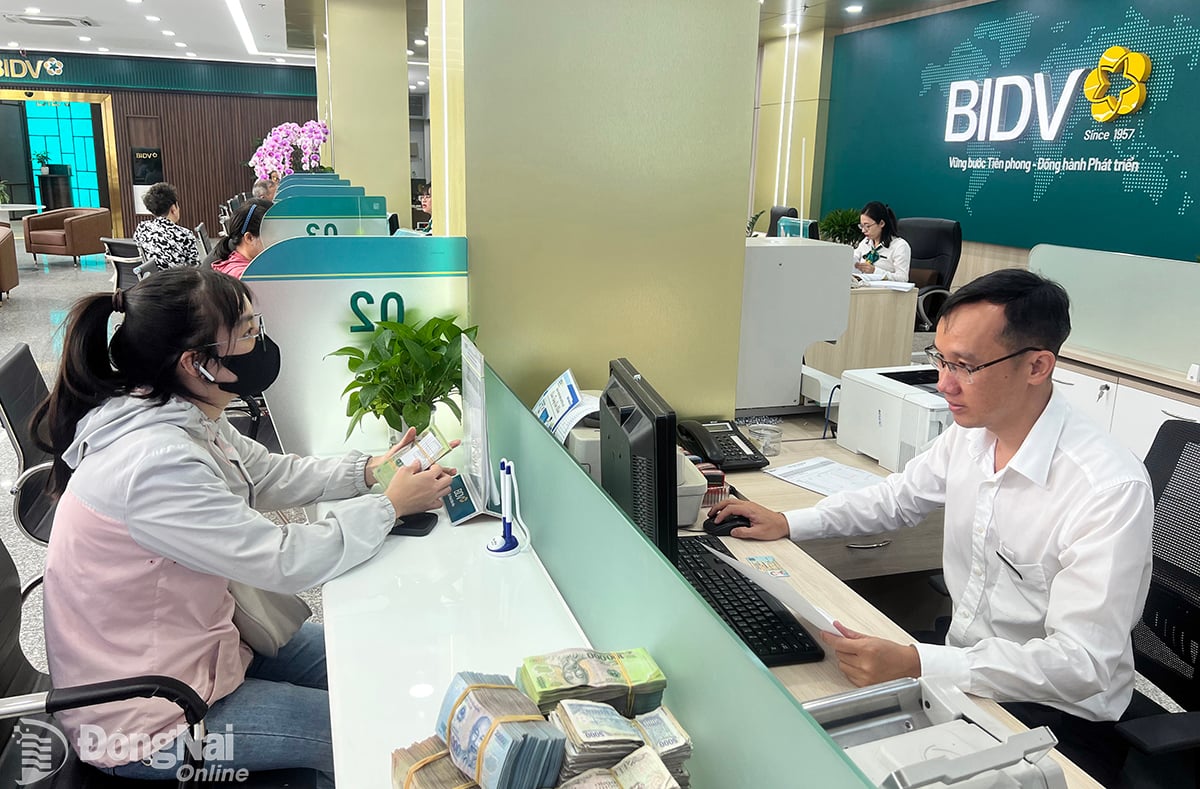
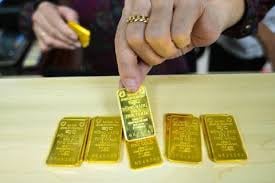











Comment (0)